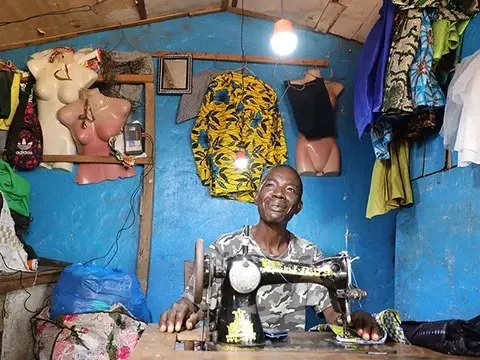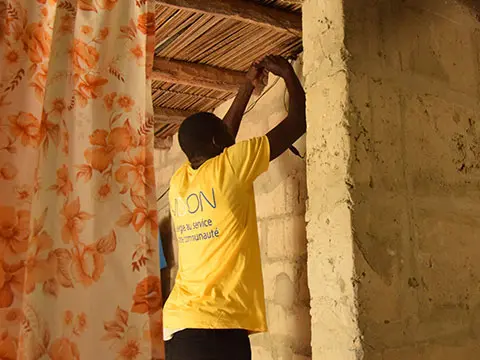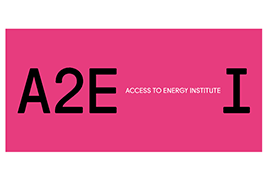
The fast-track to long-term, affordable rural energy access
Why we need a new energy access model
565 million people in Sub-Saharan Africa cannot afford basic energy access. The IEA estimates that by 2030, over half a billion people will still be waiting to be connected to electricity. Universal energy access will not be achieved by current sales models with high upfront costs that exclude the poorest rural households and lack long-term service guarantees.
What is REAL?
The Rural Energy Access Lab (REAL) is an independent not-for-profit catalyst working with governments in Sub-Saharan Africa to scale energy access programs.
REAL combines solar systems as infrastructure with Energy-as-a-Service to connect entire communities to affordable energy at scale, faster, in areas that current models can’t reach.
Through public-private partnerships and open-source knowledge sharing, REAL is building a new kind of energy access program designed for social inclusion and long-term affordability.
REAL’s plan delivers three core benefits:
01. Affordability
Removing upfront costs through smart subsidies, eliminating lump sum payments and credit checks, with significantly lower monthly fees.
02. Speed
Rapid, cost-efficient deployment of solar systems as an infrastructure rather than individual sales of SHS as consumer goods. Bulk procurement and installation of standardized systems is faster and more inclusive.
03. Sustainability
REAL’s Energy-as-a-Service model ensures long-term system performance and maintenance, whilst being cash-flow positive for operators without ongoing subsidies. Operators are incentivized to use durable, built-for-service products, reducing failures and minimizing e-waste.
Where REAL delivers more
What does REAL do?
REAL aims to scale sustainable, and pre-grid rural electrification models, turning isolated successes into a continent-wide movement.
In the coming months, REAL will catalyze the mobilization of $20m that will finance the launch of sustainable pre-grid electrification programs in 4-10 countries. In parallel, REAL aims to develop the enabling environment necessary for these projects to achieve success at scale, through a number of levers:
Catalytic Programme Facility
Supporting governments and their development partners across Sub-Saharan Africa in designing, funding, and implementing large-scale, sustainable Energy-as-a-Service programmes that prioritise hard-to-reach households.
Market Development Facility
Leading the development of best practice for SHS-as-a-Service electrification programmes through advocacy and new industry standards, research, template and tool development and advisory services and capacity development.
REAL world impact
To date, already tens of thousands in high-poverty areas across Malawi, Senegal, Sierra Leone and Madagascar are paying for Energy-as-a-Service, paving the way for sustainable operations and local job creation.
Sierra Leone
Proves high penetration rates ranging from 88 % to 100 %.
Malawi
Proves that the model can reach people living in extreme poverty.
Senegal
Proves ability to reach very remote villages, such as islands.
Proves ability to integrate SHS connections in mini-grid concessions
Madagascar
REAL is a joint initiative, co-founded by three impact-driven organizations, with decades of combined experience in off-grid solar.
REAL founders
Our partners
REAL partners with leading industry organizations to build a platform to develop, pilot and scale pre-grid electrification programs.
REAL has started thanks to the valuable support of
We also engaged off-grid industry stakeholders























